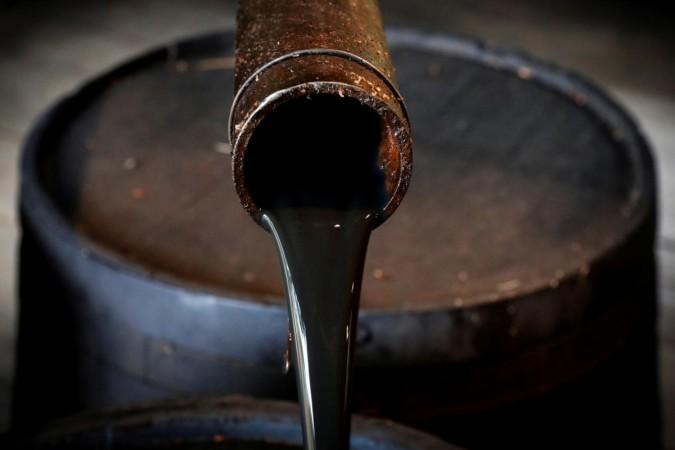Oil prices rose on Friday, hitting three-month highs, as upbeat economic data from China and the United States indicated an end to the trade war between Washington and Beijing has restored confidence in the global growth.
Brent crude was up 29 cents, or 0.4 per cent, at $68.21 a barrel at 0903 GMT.
The West Texas Intermediate was up 24 cents, or 0.4 per cent, at $61.92 a barrel.
Volume of oil trade remained thin in the Christmas holidays and New Year breaks.
Data on Friday showed profits at China's industrial firms rose at the fastest pace in eight months in November.

Among sectors, the chemical, petroleum processing and steel industries reported recovering profits last month due to rebounding market demand and rising prices amid easing trade hostilities with Washington.
China and the United States cooled their 17-month long trade war earlier this month, announcing a Phase 1 agreement that would reduce some US tariffs in exchange for more Chinese purchases of American farm products.
The lingering ripple effect of the trade row, however, showed up in data from Japan, the world's third-biggest economy, on Friday as industrial output shrank for a second month in November.
In the United States, a survey on Thursday showed that online holiday purchases by U.S. consumers reached a record, beating analysts' expectations and sending US stocks to fresh.
US consumers are "showing few signs of tightening their purse strings, which is positive for oil also," said Stephen Innes chief Asia market strategist at AxiTrader.
US crude oil stockpiles likely declined last week, while inventories of gasoline were set to extend their build for the seventh straight week, an extended Reuters poll showed on Thursday.
The latest poll was conducted ahead of the weekly status report from the Energy Information Administration (EIA), an agency of the US Department of Energy. The EIA report is due at 11:00 a.m. on Friday.
The EIA report has been delayed by two days due to Christmas. The report is normally released on Wednesday at 10. 30 am EST (1530 GMT).
The price Brent has jumped more than a quarter in 2019, while WTI is up around 35 per cent, boosted by moves by the Organization of the Petroleum Exporting Countries and other producers, including Russia, to curb production.
OPEC+ this month decided to prolong its oil output restriction deal until the end of March and to deepen the cuts in order to balance out the oil market.
Russian Energy Minister Alexander Novak said on Friday OPEC+, may consider wrapping up their oil output reduction in 2020.

















